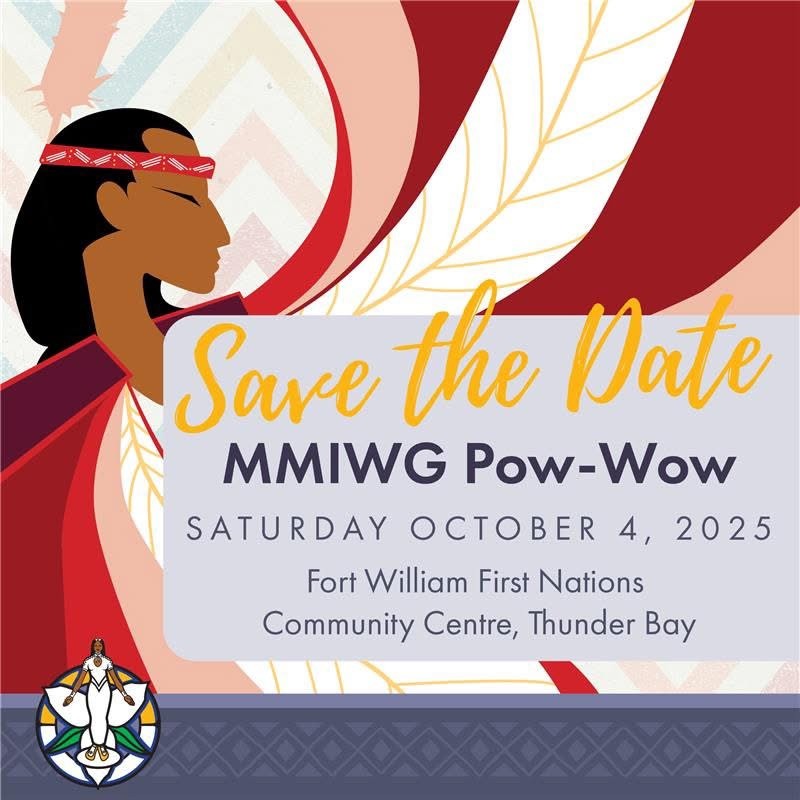Every October, Canada celebrates Women’s History Month, a time dedicated to recognizing and honouring the achievements, contributions, and resilience of women and girls throughout the nation’s history.
This month-long observance highlights the achievements of women in all areas of life, including politics, the arts, education, healthcare, and community leadership. It’s also an opportunity to reflect on the ongoing work needed to achieve gender equality and create a more inclusive future for all.
Women’s History Month also encourages Canadians to learn about the diverse experiences of women, including those from marginalized communities whose stories are often overlooked. By amplifying these voices, the month fosters a deeper understanding of how gender intersects with race, culture, and identity, and why inclusive approaches to equality are vital.
During Women’s History Month, the National Day of Action for Missing and Murdered Indigenous Women, Girls, and Two Spirit People is observed on October 4. On this day, communities across Canada gather to honour the lives of Indigenous women, girls, and Two Spirit people who have been taken by violence. Vigils, ceremonies, and events serve as powerful calls to action — urging governments, institutions, and individuals to address systemic racism, colonialism, and gender-based violence. This day is not only one of remembrance but also one of solidarity, as Canadians unite to demand justice, safety, and equity for Indigenous communities.
Women’s History Month is both a celebration and a call to action. It challenges us to acknowledge the past, confront the present, and shape a future where every woman and gender-diverse person can thrive in safety, dignity, and equality.
To learn more about Women’s History Month, please go to: https://www.canada.ca/en/women-gender-equality/commemorations-celebrations/womens-history-month.html or https://canadianequality.ca/womens-history-month/
Sisters in Spirit Vigil and MMIWG Pow-Wow

The Ontario Native Women’s Association (ONWA) invites us to honour and remember Missing and Murdered Indigenous Women and Girls at their annual Pow-Wow, part of the Sisters in Spirit Vigil.
Date: Saturday, October 4, 2025
Time: Sunrise ceremony at 7:30 a.m., Opening Prayer 10:00 a.m., Pow-Wow 10:00 a.m. – 4:00 p.m.
Place: Fort William First Nation Community Centre, Thunder Bay
For more information about the Pow-Wow, please go to: https://www.onwa.ca/post/annual-sisters-in-spirit-vigil-2025-honouring-missing-and-murdered-indigenous-women-and-girls
Celebrating Women’s Contributions to Healthcare
Women’s History Month is an important opportunity to highlight the women who have contributed to healthcare in Canada in their respective fields. These pioneering women overcame barriers such as sexism and racism, paving the way for future generations of women to pursue careers in healthcare with fewer obstacles. Featured below are Bernice Redmon and Jennie Kidd Trout, who made history as the first Canadian-born Black registered nurse, and the first woman in Canada to be licensed to practice medicine, respectively.
Please tune into the Daily Informed Newsletter throughout the month for more features on women who have made significant contributions to healthcare.
Bernice Redmon (nee Carnegie)
Bernice Redmon (nee Carnegie) was born in Toronto on October 28, 1917. She made history as the first Canadian-born Black registered nurse, and the first Black nurse to be employed by the Victorian Order of Nurses (V.O.N.).
Her nursing journey was not without its challenges, as Canadian nursing schools in the 1940s did not admit Black students. In response, Bernice moved to the United States, where she earned her nursing degree from the St. Philips School of Nursing in Virginia. Demonstrating remarkable academic ability, she excelled in her studies and was awarded a scholarship to pursue an additional year of training, specializing in public health nursing.
Bernice graduated in 1945; she returned to Canada that same year, where she began her career with the Nova Scotia Department of Health, becoming the first Black nurse to practice in public health. Her ground-breaking work in the field opened doors for Black women to work and train in Ontario hospitals starting in the late 1940s and 1950s.
To learn more about Bernice Redmon, please go to: https://www.bernicecarnegie.com/carnegie-family
Jennie (Jenny) Kidd Trout
Jennie (Jenny) Kidd Trout, born on April 21, 1841, in Kelso, Scotland, made history as the first woman in Canada to be licensed to practice medicine.
At the age of six, she emigrated with her family to Canada, where they settled near Stratford, Ontario. She later attended the Normal School for Upper Canada, the only advanced institution at the time that admitted women.
After marrying Edward Trout, Jennie experienced a neurological illness for which she found relief through electrotherapy. This experience inspired her to pursue a career in medicine. Although she was permitted to complete a qualifying year at the Toronto School of Medicine, the institution did not yet fully admit female students. Determined to continue her studies, Jennie enrolled at the Woman’s Medical College of Pennsylvania.
She graduated in 1875 and, later that same year, was licensed by the College of Physicians and Surgeons of Ontario.
In addition to breaking barriers as Canada’s first licensed female physician, Jennie Kidd Trout left a lasting legacy. She established clinics devoted to women’s health, supported women-led medical practices, and championed medical education for women, helping to open doors for future generations.
To learn more about Jennie Kidd Trout, please go to: https://thecanadianencyclopedia.ca/en/article/jennie-trout
